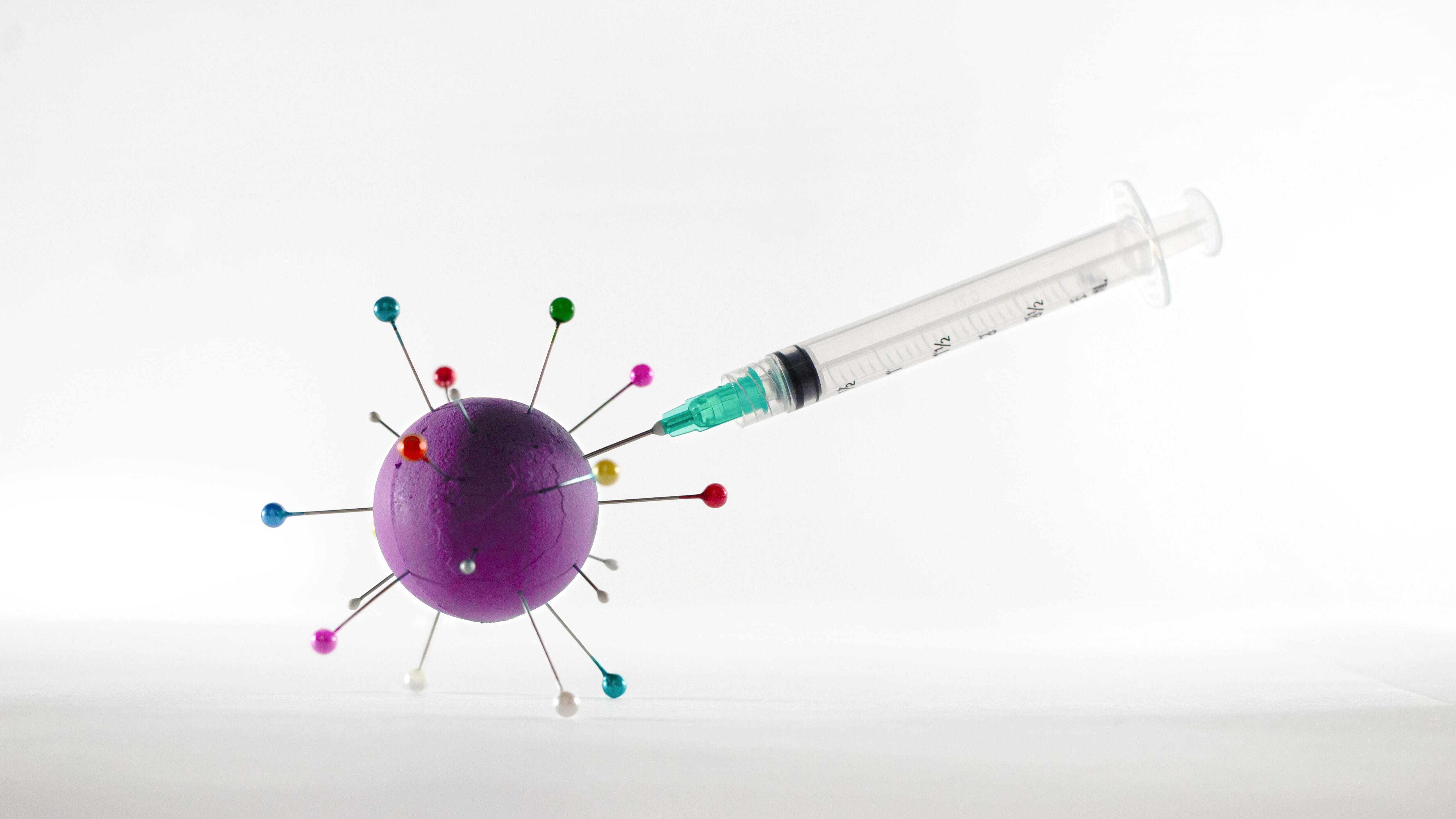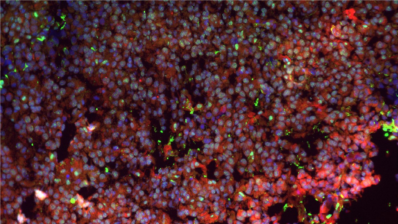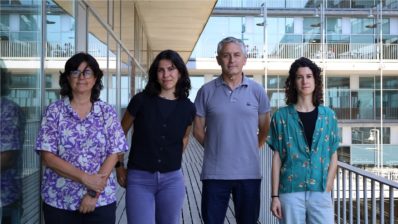The rapid spread of SARS-CoV-2 made research accelerate as never before to develop an effective vaccine in record time. The different centers of the Barcelona Biomedical Research Park (PRBB) also increased their efforts from different perspectives, to learn more about the virus, its effects and how to combat it, among others. And two years after the outbreak of the pandemic, research continues on this virus that paralyzed the world.
Refreezing messenger RNA vaccines
The Hospital del Mar Medical Research Institute (IMIM) and the Department of Medicine and Life Sciences, Pompeu Fabra University (MELIS-UPF) have presented a study showing that the Pfizer BioNTech and Moderna vaccines are equally effective if the vials are handled, the syringes are prepared and then frozen.
To carry out the research, discarded vaccine leftovers from vaccination centers were used. These ready-to-administer doses were frozen at -20°C and -80°C and then defrosted and injected into two different groups of mice. Comparing the results with the control group (administration of vaccines according to the manufacturers’ specifications), the researchers observed that the messenger RNA of the vaccines was not degraded when subjected to a second freezing and that the immune response of the mice was the same in all three cases, both for the Pfizer and the Moderna vaccine.
“The possibility of refreezing vaccines already prepared for administration in syringes makes it easier to overcome infrastructure limitations for vaccination campaigns in low- and middle-income countries”
Olivia Ferrández, Hospital del Mar
Vaccine acceptance increases
On the other hand, the Barcelona Institute for Global Health (ISGlobal) has participated in a study together with the School of Public Health and Health Policy of the City University of New York (CUNY SPH), Dalhousie University and the University of Calgary to identify which factors affect the social acceptance of the SARS-CoV-2 vaccine.
After passing surveys to 23,000 people from 23 different countries, the results show a significant increase in vaccine acceptance (from 71.5% in June 2020 to 75.2% in June 2021). Reasons for reluctance to vaccinate vary by country and lived experience (e.g. the loss of a family member) but most have doubts about the safety of vaccines and their efficacy and distrust the science underpinning their development.
“The rapid approval of current vaccines made it necessary to find new assessments of the drivers of vaccine reluctance and the characteristics of those who do not vaccinate”
Jeffrey Lazarus, ISGlobal
The VaccineConfidence project also reveals that the group most reluctant to vaccinate is 24-year-olds with a high school or college education in urban areas who are highly exposed to social media. This is why the researchers believe that the use of humor and simple language in social networks could be a good tool for transmitting pro-vaccination messages.
Grau, S.; Martín-García, E.; Ferrández, O.; Martín, R.; Tejedor-Vaquero, S.; Gimeno, R.; Magri, G.; Maldonado, R. COVID-19 mRNA Vaccines Preserve Immunogenicity after Re-Freezing. Vaccines 2022, 10, 594. doi.org/10.3390/vaccines10040594.
Lazarus, J.V., Wyka, K., White, T.M. et al. Revisiting COVID-19 vaccine hesitancy around the world using data from 23 countries in 2021. Nat Commun 13, 3801 (2022). doi.org/10.1038/s41467-022-31441-x







